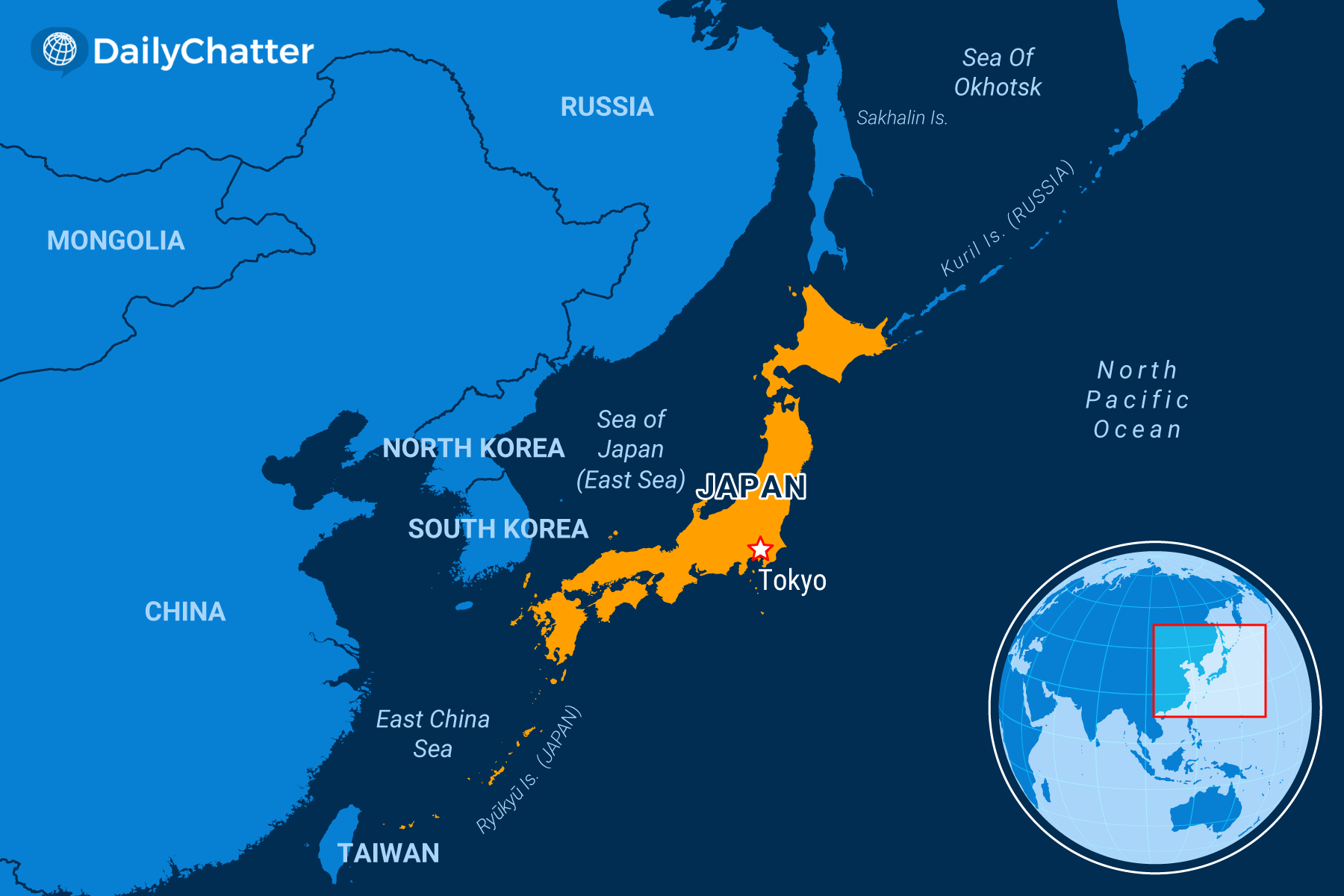Never Too Late

Japan’s top court on Wednesday ruled that a now-defunct post-war law allowing the forced sterilizations of people with disabilities was unconstitutional, and demanded the government pay damages to thousands of victims, the Guardian reported.
The 15 judges’ unanimous verdict brought relief to victims and their relatives, ending a decades-long legal battle, with the government arguing to the court that it was already too late to launch legal procedures over the matter.
But it would never be too late for those who suffered the sterilizations: “I was robbed of my life and I want it back,” said one 81-year-old victim.
The so-called Eugenic Protection law, enacted in 1948, saw more than 25,000 people as young as nine sterilized because they had genetic physical or mental disorders, according to a report released by the Japanese government in 2023.
Most sterilizations occurred during the baby boom period, between the 1950s and the 1970s. The law was repealed in 1996.
About 16,500 people were operated on without their consent. Lawyers said another 8,500, who authorities claim gave their approval, were “de facto forced” because of intense pressure. Doctors were also allowed to use physical restraint, anesthesia, and “deception,” according to a government notice from 1953.
The Supreme Court, arguing that the purpose of the eugenics law was not legitimate “even considering the social situation at the time,” said it violated parts of the constitution stipulating the right to equality and respect for personal dignity and integrity, Japan’s public broadcaster NHK reported.
The debate over the eugenics law was reignited in 2018 when a woman sued the state over the forced sterilization she had endured when she was 15.
It prompted the government of late Prime Minister Shinzo Abe to apologize and offer each victim compensation of about $20,110 – a sum victims said did not match their suffering.
Some took their complaints to the lower courts, one of which invoked a 20-year statute of limitations, meaning that the delay to apply for higher compensation had expired.
But lawyers said some victims who were sterilized without their knowledge only found out about it after that deadline, the BBC wrote.
On Wednesday, the high court ruled that the statute of limitations argument was unacceptable.
Prime Minister Fumio Kishida reacted to the verdict by promising to meet victims later this month to apologize in person, the Japan Times reported. “We will promptly provide compensation based on the ruling,” said a government spokesperson.

Subscribe today and GlobalPost will be in your inbox the next weekday morning
Join us today and pay only $32.95 for an annual subscription, or less than $3 a month for our unique insights into crucial developments on the world stage. It’s by far the best investment you can make to expand your knowledge of the world.
And you get a free two-week trial with no obligation to continue.
